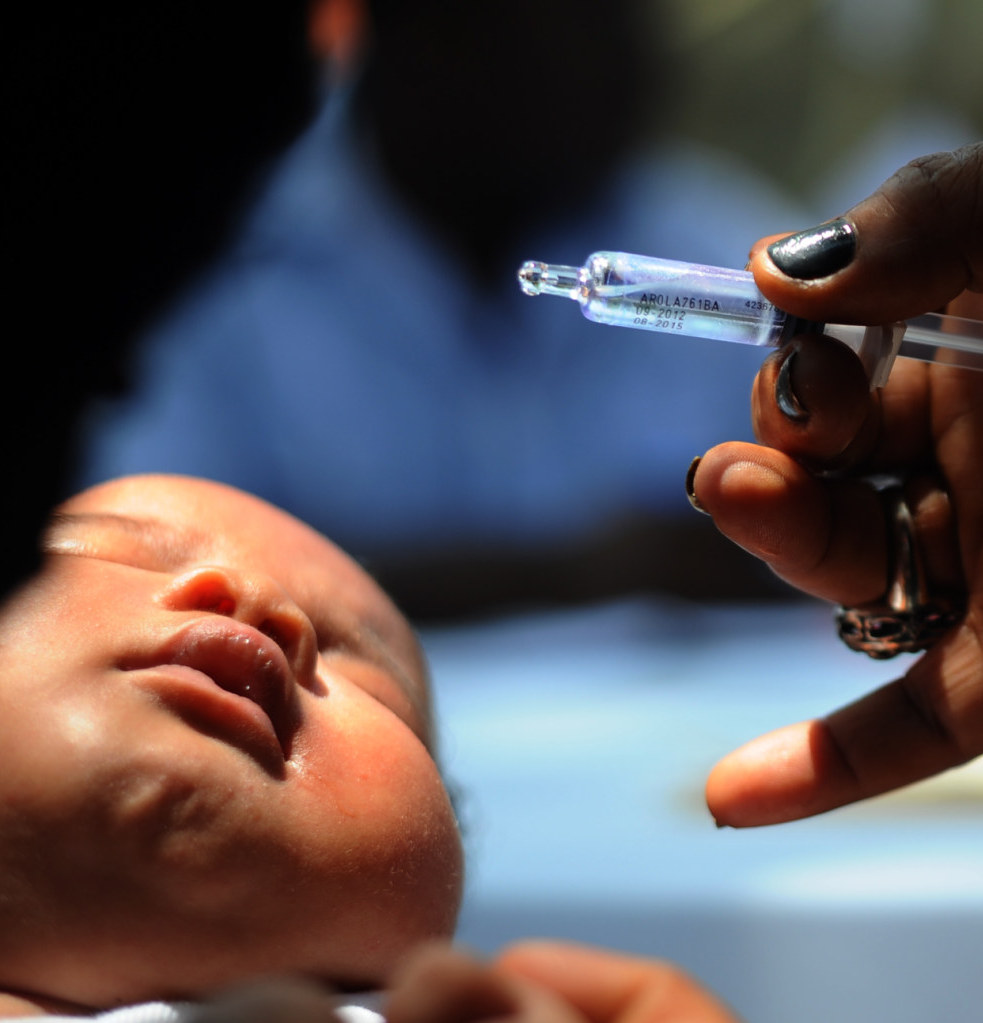Childhood vaccines not linked to autism, cancer or food allergies
Serious complications related to vaccines are very rare, and there is no evidence that immunizations cause autism, cancer or food allergies, according to a new report. A host of vaccines commonly given to children under the age of 6 were the focus of the systematic review of rigorously conducted studies, published in the peer-reviewed U.S. journal Pediatrics. The report, released today, seeks to address vaccine hesitancy among some parents, which has led to a resurgence of measles and whooping cough in some parts of the world. The analysis of 67 research studies comes as many vaccine-preventable diseases are making a comeback.
We found that serious adverse events that are linked to vaccines are really rare, and that when they do occur they are often not necessarily severe.
Courtney Gidengil, study co-author and paediatrician at Boston Children’s Hospital
The latest analysis mirrors and updates a 2011 report on vaccine safety by the U.S. Institute of Medicine (IOM). That report found vaccines can cause certain side effects but serious ones are very rare. The Pediatrics report includes several vaccines that were not studied by the IOM, including those against hepatitis A, Haemophilus influenzae type b (Hib), polio, rotavirus and the pneumococcal conjugate vaccine.
I don’t think this report, alone, will convince parents that vaccines are safe.
Dr Courtney Gidengil, co-author and RAND Corp. researcher

Health